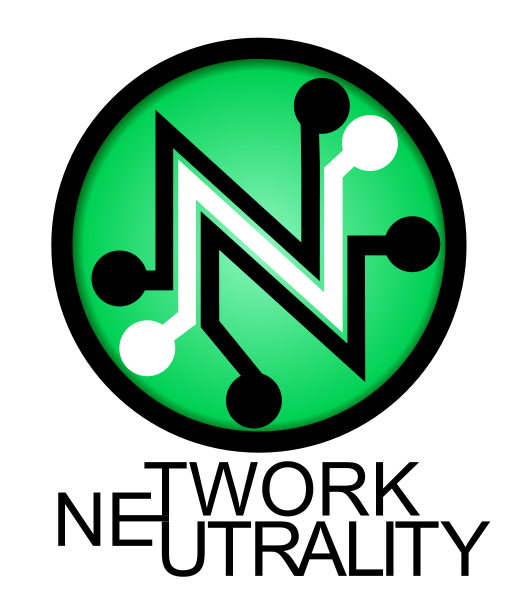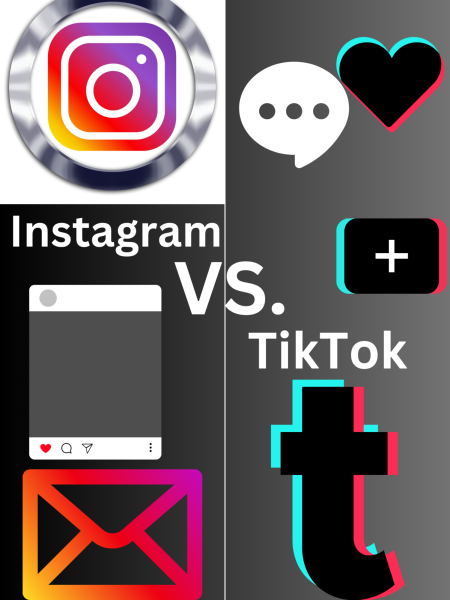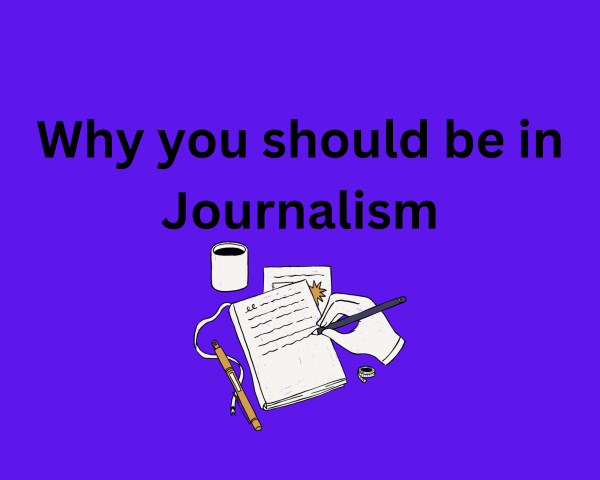Net Neutrality: fighting for internet freedom
The internet, a part of our everyday lives, whether it’s for work or for play, is once again under the risk of micromanagement and unfair charges by big cable companies. Sites will be blocked, communications will be limited, small businesses will go belly-up, and the freedom of speech as we know it will be stripped from our hands.
Sounds like the start of almost every dystopian sci-fi flick, right? The bad part is that it’s not. It’s real, and now the FCC is pressuring congress to pass the bill to allow the internet to be controlled by the government and large-scale cable companies, while many states and websites have come together to create a bill to keep the internet free.
But what is net neutrality and why is the entire nation suddenly up in arms about it?
Net neutrality is a principle enacted on December 21, 2010, that prevents big cable companies, such as Verizon, AT&T and Comcast, from slowing or blocking access to certain sites. This policy also prevents these companies from charging fees for using independent services, such as Netflix and Hulu, that are in competition with them. It also stops the government from monitoring user activity and intruding on the privacy of internet users everywhere.
So what would happen if net neutrality was to be removed? Think of it like the modern day Townshend Act, meaning that certain sites will receive an additional fee for everyday use. Most of these sites like Google, BBC, Steam and eBay will charge an additional $5 for use, but some sites like Netflix and Pandora will charge $10. Some sites will even raise their prices after a certain amount of months.
On top of the additional fees for mundane site usage, removing net neutrality would also mean large-scale cable companies would be able to restrict or block access to certain sites. Say somebody wanted to watch Netflix, an independent film streaming service, but their cable provider also has their own movie service. That cable company would be able to slow access to a crawl for Netflix or even place a firewall that would forbid access to the site. So not only would people be paying extra to use this functionality, but they’d also be paying for something that either barely works or doesn’t work at all.
Fortunately, all is not lost for a free internet. Although the FCC is pushing for Congress to ratify their bill to remove the rules protecting the internet, several states, including California, Virginia and New York, as well as Washington D.C., have put together their own bill to repeal the FCC’s decision. Both bills are currently being voted on and are awaiting a final verdict.
However support for the free internet movement is dying out. People are no longer posting #savetheinternet or #stoptheFCC across social media like they did in late 2017. If support continues to fade out, it could mean the end of a free internet. The message cannot die out; internet users everywhere still have a voice and a chance. It isn’t too late to call, text, or email senators to repeal the FCC’s decision. There is still time, albeit not much, to spread the message and fight for internet freedom again.
Your donation will support the student journalists of Tunstall High School. Your contribution will allow us to purchase equipment and cover our annual website hosting costs.

Asa Herndon is a senior at Tunstall High School. This is his third and final year on the Trojan Messenger staff before he graduates. When he is not in...








